
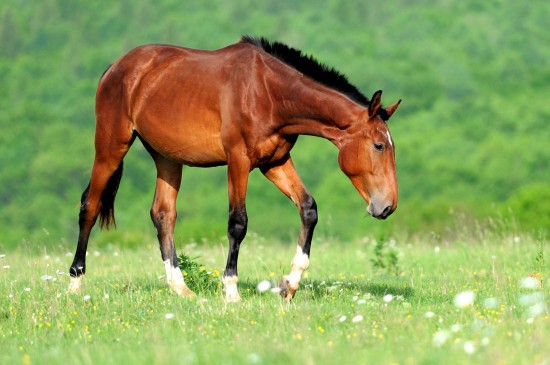
There are lots of good points about summer. Getting up in the morning to take care of a horse seems less painful when the sun is already up and there’s plenty of time for riding in the evenings. Owners do, however, still need to be alert to the challenges the season brings.
Getting water to the horse in the stable or its regular feed is generally a straightforward matter. It is however vital to make regular checks to ensure that this is working as it should (particularly with automated systems) and to have a plan B in case this system stops working. Owners should also think about how they would manage in the event of a prolonged water shortage or even a total outage. There is no need to buy expensive bottled water, but it can be helpful to have some decent-sized containers which can be filled with ordinary tap water. The bigger issue is when the horse is away from its regular surroundings for any length of time. While it might be tempting to share water buckets, it’s very easy for diseases (such as strangles) to be transmitted in this way. Therefore it’s best to take your own and consider also taking your own water to save time at queues. Traditionally horses which are left tied up are not left with water buckets due to the ease with which they can be knocked over. They are offered water on a regular basis. Some horses are fine with this but some get into the habit of gulping down water when it is offered to them. If your horse is one of the latter then consider putting a brick or other heavy object in the bucket and leaving it with them.
The issue of sun protection for horses has been taken much more seriously over recent years. The horses which are most at risk are those with pink skin on their eyes and muzzles. Horses with scars or cuts are also susceptible to burning in this area. Combatting this is a combination of determining how much protection your horse needs and then seeing what they will tolerate. Some owners can manage to put sun cream on their horses. The best option is an option intended for children and with minimal chemicals but visible on the skin (so you can see where you put it). This can work very well, if the horse will tolerate it and if it stay on, but it does need to be reapplied regularly. Alternatively there is now a range of sun-protection accessories for horses, from visors to nose nets but again horses vary widely in how likely they are to tolerate these. Owners should also be aware that even if the horse is accepting of them, it’s well within the bounds of possibility that they’ll end up being lost in the field so it helps to keep spares. The final option is simply to bring the horse in when the sun is at its worst.
Flies and other creatures which buzz and bite are an irritation for pretty much every animal on the planet. There are all kinds of devices you can use to try to fight them from lotions and potions to rugs and veils, but it’s even better to persuade the pesky nuisances to find somewhere else to live. The old jokes about flies and horse dung are absolutely true so keep the paddock and stables absolutely clean of manure and dispose of it well away from areas frequented by horses (or humans or other animals). If need be put it into bags straight away. It’s far from ideal for the decomposing process but that’s a compromise many people are willing to make. Be scrupulous about the management of food, particularly fresh food (such as apples and carrots). Ensure that containers are always sealed when not in use, clean up any spillages and clean leftovers out of food dishes promptly. Not only will this deter flies but it will also stop horses from eating food which may have spoiled in the hot weather. Flies are also attracted to moisture, which is unfortunate as a supply of fresh water is particularly important in summer. Notwithstanding this, try to act promptly to deal with any water spillages or when a horse does the toilet. Additionally try to avoid turning out a horse when it is still sweaty or otherwise wet (which is good practice anyway).
Grazing is at its richest in summer and it’s very easy for horses to put on weight, even if it’s being regularly exercised. It’s also very easy for weight to creep up a little at a time without an owner really noticing. Although it is technically possible to weigh horses, it isn’t exactly an easy option. With this in mind, it can be helpful to ask for an honest second opinion on your horse’s weight on a regular basis.
Even the slightest cuts and grazes will attract flies and if they lay their eggs in them your horse will end up with maggots. It is therefore critical to check your horse thoroughly for minor injuries on a regular basis. The simple rule of thumb is that any wound, no matter how small, has to be covered completely for your horse to go out. Generally this is a straightforward matter but if, for any reason, you can’t manage this then your horse will have to stay indoors while it heals.
Hot summer weather means dry, hard ground, which is unforgiving on your horse’s legs and hooves. In fact even a gentle country hack can feel like being on a hard, asphalt road. Take this into account in your riding. Think about where, if anywhere, your horse can comfortably move at faster speeds. Jumping outdoors is probably best avoided completely in hot weather, due to the huge impact of take-off and landing. If you want to practice use a school with a suitable surface.
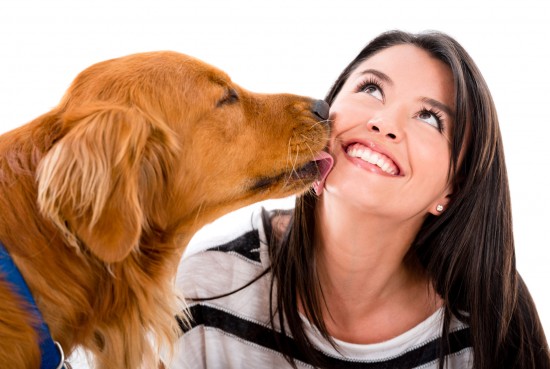 Minimising The Spread Of Canine Germs And Bacteria
Minimising The Sp
Minimising The Spread Of Canine Germs And Bacteria
Minimising The Sp
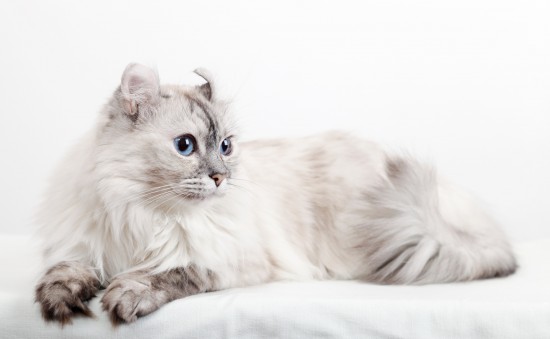 Cat Genetics Part Two - Inheritance
Cat Genetics Part
Cat Genetics Part Two - Inheritance
Cat Genetics Part
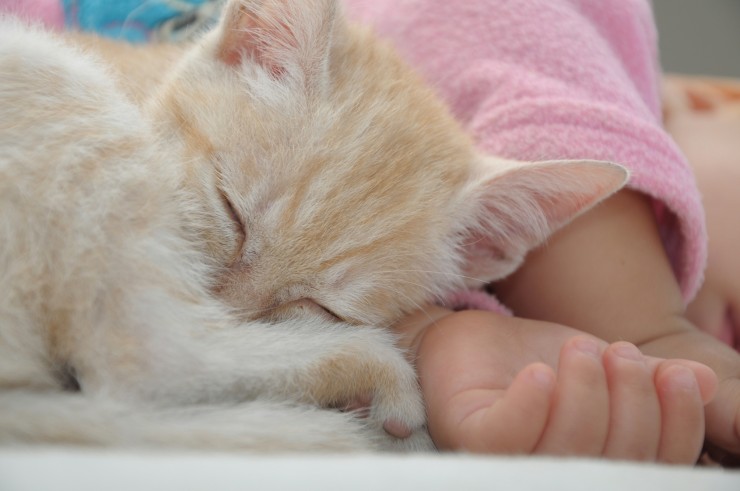 Considerations To Bear In Mind If You Have A Cat And A Baby
Considerations To
Considerations To Bear In Mind If You Have A Cat And A Baby
Considerations To
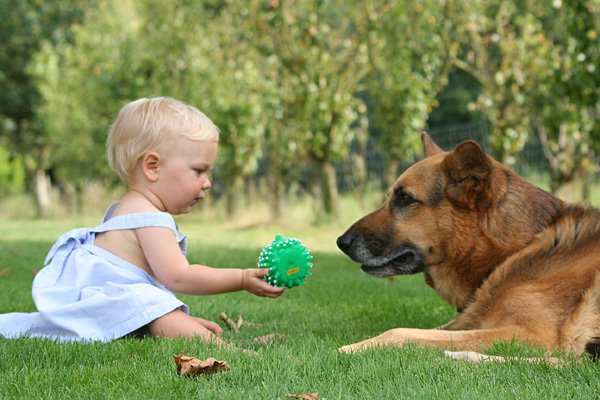 Buy Your Own Chicken Houses – Eat Organic Eggs Everyday
Buy Your Own Chicken Houses – Eat Organic Eggs Everyday
Buy Your Own Chicken Houses – Eat Organic Eggs Everyday
Buy Your Own Chicken Houses – Eat Organic Eggs Everyday
 Keep Your Dog Safe With a GPS Containment and Tracking System
Keep Your Dog Safe With a GPS Containment and Tracking Sys
Keep Your Dog Safe With a GPS Containment and Tracking System
Keep Your Dog Safe With a GPS Containment and Tracking Sys
Copyright © 2005-2016 Pet Information All Rights Reserved
Contact us: www162date@outlook.com